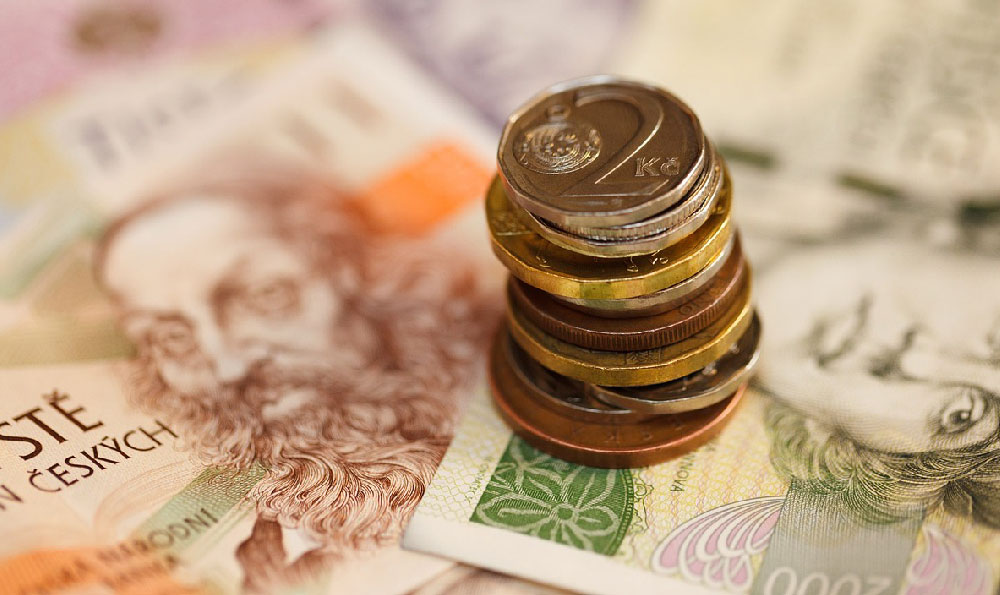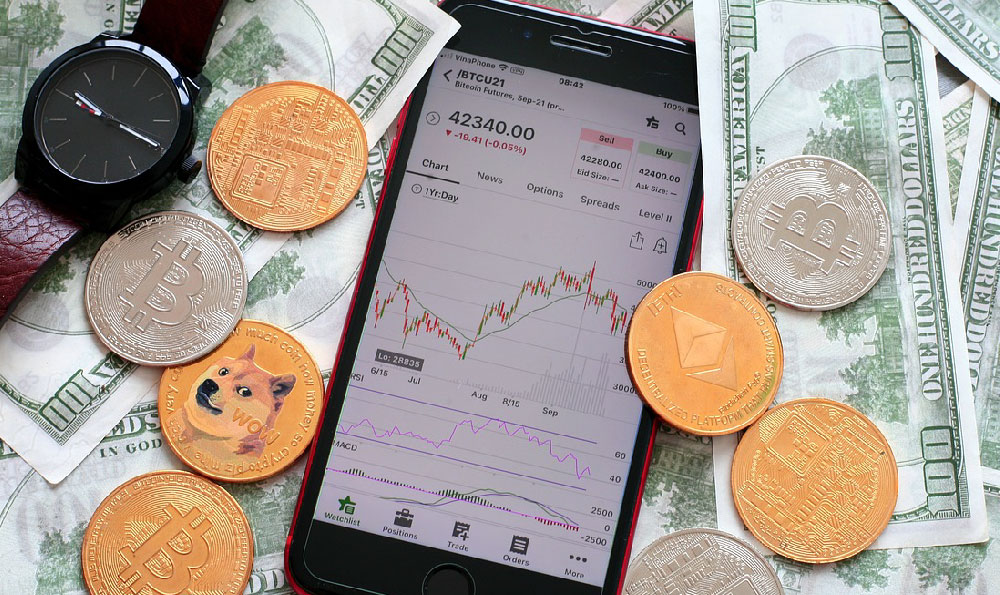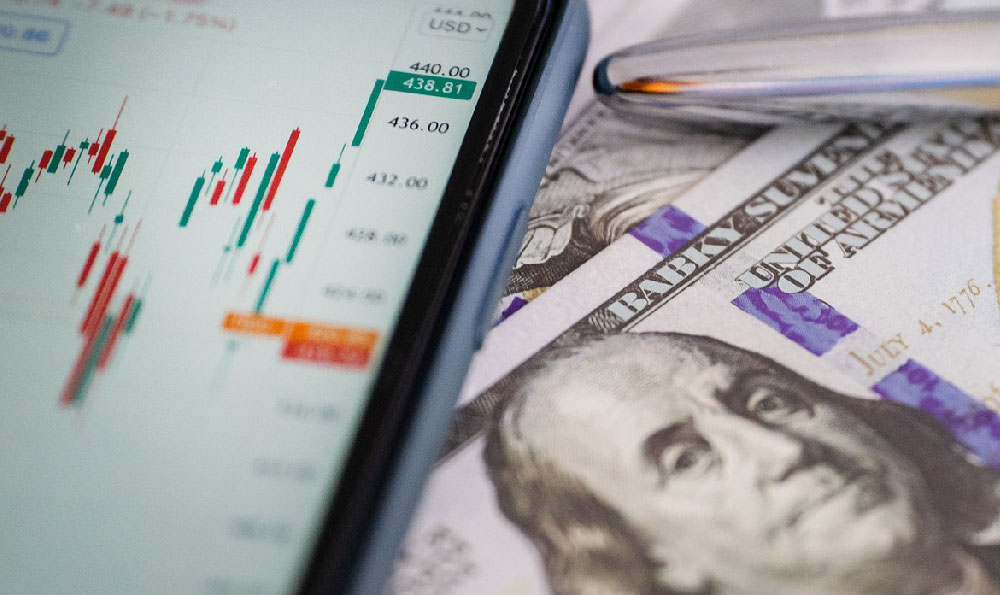Credit cards, often viewed with caution due to the potential for debt, can actually be a powerful tool for earning rewards and even making money if used responsibly and strategically. The key lies in understanding the intricacies of credit card rewards programs, managing spending habits, and avoiding the pitfalls that can lead to high interest charges and financial strain.
The primary way to "make money" with credit cards is through rewards programs. These programs typically offer cash back, points, or miles for every dollar spent. Cash back is straightforward – a percentage of your spending is returned as a statement credit or direct deposit. Points can be redeemed for a variety of options, including merchandise, gift cards, and travel. Miles are specifically designed for travel, offering discounts on flights, hotels, and other travel-related expenses.
To maximize rewards, it's crucial to choose a credit card that aligns with your spending habits. Analyze your typical monthly expenses and identify categories where you spend the most, such as groceries, gas, dining, or travel. Then, look for cards that offer bonus rewards in those categories. For example, if you spend a significant amount on groceries, a card offering 5% cash back at supermarkets would be a valuable asset. Similarly, frequent travelers should consider cards that earn bonus miles on airline tickets and hotel stays.

Beyond bonus categories, consider the overall rewards rate offered by the card. Some cards offer a flat rate of 1.5% or 2% cash back on all purchases, which can be a good option if your spending is spread across various categories. It's also important to be aware of any spending limits or caps on bonus rewards. Some cards may limit the amount of bonus rewards you can earn in a given category or per year.
Strategic use of credit card rewards involves optimizing your spending to take full advantage of bonus categories and rewards rates. For example, if your credit card offers bonus rewards at gas stations, you can use it to pay for gas even if you typically pay with cash. By shifting your spending to your rewards credit card, you can accumulate points, miles, or cash back on purchases you would have made anyway.
Beyond rewards programs, some credit cards offer additional perks and benefits that can indirectly save you money. These may include purchase protection, extended warranties, travel insurance, and access to exclusive events or discounts. Purchase protection can reimburse you if an item you purchased with your credit card is damaged or stolen within a certain period. Extended warranties can extend the manufacturer's warranty on eligible purchases. Travel insurance can provide coverage for trip cancellations, delays, or lost luggage. These benefits can save you money in the long run by protecting you from unexpected expenses.
However, the potential to "make money" with credit cards is contingent upon responsible use. The most important factor is paying your credit card bill in full and on time every month. This avoids interest charges, which can quickly negate any rewards you earn. Credit card interest rates are typically much higher than interest rates on other types of loans, so carrying a balance can be very expensive.
Creating a budget and tracking your spending are essential for responsible credit card use. A budget helps you understand your income and expenses, allowing you to plan your spending and avoid overspending. Tracking your spending helps you monitor your credit card balance and ensure that you're not spending more than you can afford to pay off.
Avoiding common credit card pitfalls is crucial for protecting your finances. One common pitfall is opening too many credit cards. While it may seem tempting to open multiple cards to maximize rewards, this can lead to overspending and difficulty managing your accounts. It's better to focus on a few cards that offer the best rewards for your spending habits.
Another pitfall is neglecting to read the terms and conditions of your credit card. The terms and conditions contain important information about interest rates, fees, rewards programs, and other policies. Understanding these terms can help you avoid unexpected charges and maximize the benefits of your card.
Beware of balance transfers and cash advances. While balance transfers can be a useful tool for consolidating debt and saving on interest, they often come with fees. Cash advances are typically very expensive, with high interest rates and fees. It's generally best to avoid these options unless you have a specific plan for paying them off quickly.
Finally, regularly monitor your credit report for errors or fraudulent activity. Your credit report contains information about your credit history, including your credit card accounts, payment history, and credit scores. Checking your credit report regularly can help you identify and correct any inaccuracies that could negatively impact your credit score.
In conclusion, credit cards can be a valuable tool for earning rewards and even "making money," but it's essential to use them responsibly and strategically. By choosing the right cards, optimizing your spending, paying your bill in full and on time, and avoiding common pitfalls, you can reap the benefits of credit card rewards without incurring debt or damaging your credit. Remember, the goal is to use credit cards as a financial tool, not to let them use you. The key is discipline, awareness, and a proactive approach to managing your finances. With careful planning and responsible habits, credit cards can be a powerful asset in your financial arsenal.












